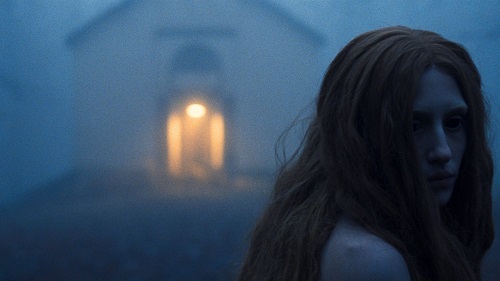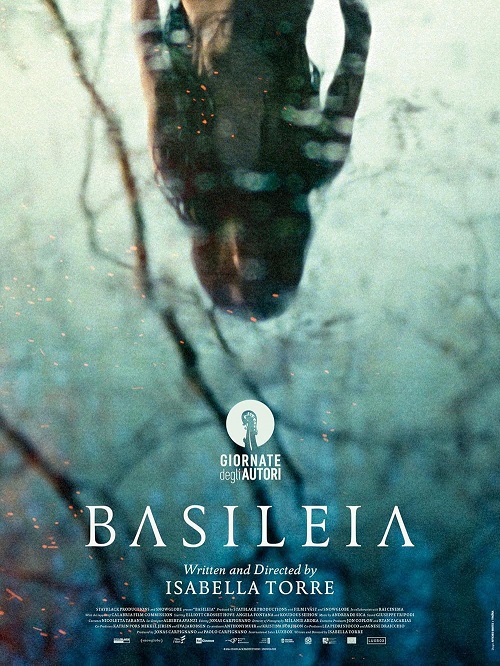Capturing the Magic of Calabria, Basileia
TORONTO – Well before those patrilineal Romans introduced themselves to the neighbourhood, ancient Italic tribes – in what is now Calabria – like the Bruttii and the Oenotrians were rubbing elbows with the inventive and erudite Greeks. Sometimes referred to as the “toe of the Italian boot”, Calabria’s history [in some ways] carries more in its pinky toe than others do in their hallux. It was a ten year home away from home for Pythagoras and his brotherhood of mathematics. And during the Second Punic War between Carthage and Rome, Calabria was the wedge between two burgeoning super powers in the ancient world.
Whether or not Basileia’s filmmakers Isabella Torre and Jonas Carpignano, who’ve been living in Calabria since 2015, set out to proselytize about Calabrian history is another question. What the duo have done however, by their own admission, is take from “those old dark tales that grandparents used to tell us that didn’t have a great ending…they were just very dark, and sometimes you didn’t even understand them, and they were something that maybe was never even written”.
Set along the slopes of the Aspromonte, a mountain massif in the city of Reggio Calabria, Torre’s film Basileia “follows an archaeologist and his team as they search for an ancient treasure”. But as movie plot excavations inevitably do, things become fuddled during the dig when the land’s mythical creatures – in this case Calabria’s infamous Nymphs – re-emerge from their terrestrial slumber.
Basileia, which screened in the Independent section of the 81st Venice Film festival, doesn’t simply exploit the craggy landscape with its ravines and lush narrow valleys. Unlike most films in the genre, Torre’s so called “eco-thriller” is a project born from her profound connection with the region. “It’s such a special, mysterious place that has more to say than most people might imagine. Not everyone knows about Aspromonte, but those who do usually know it for the wrong reason”.
Torre is referring to its history “of being used as a refuge for mafia activity and all those kinds of things that are just a part of it, while there is so much more”. Her Producing partner Jonas Carpignano recalled Torre’s idea to bring Calabria’s offbeat folklore to the screen: “I remember the first time she told me about the script was after we’d come back from there. She told me this idea she had about making a movie about nymphs and sort of looking into the organic mythology of this area”.
Torre’s Nymphs are not a random choice, as locals and historians well know that the region’s more eclectic cultural traditions include a very particular Greek import – the myth of the sea nymph Scylla (among others). The Reggio town of Scilla of course bears her name, and near the city in a secluded valley are the Tremusa Caves – of the Nymphs. Scylla was no was small character in the grand lore of Greek gods and monsters, as her metamorphosis from beauty to beast was immortalized in Homer’s Odyssey.
Torre’s attempt to bring these buried folk tales to the genre’s fore is refreshing. And it comes from a respect and a curiosity for the region. “The images of the landscapes, that are so magical. I could tell that nature was completely taking over just looking from the window of our car through the trees. Then, when you get to know the people, you discover another incredible side, because nature is so present there that it rules everything and makes people live differently. I feel like we are at a time when the world has been influenced by modernity and gentrification and colonization everywhere. But not there”.
Images courtesy of Rai Cinema and Snow Globe Films
Massimo Volpe is a filmmaker and freelance writer from Toronto: he writes reviews of Italian films/content on Netflix





